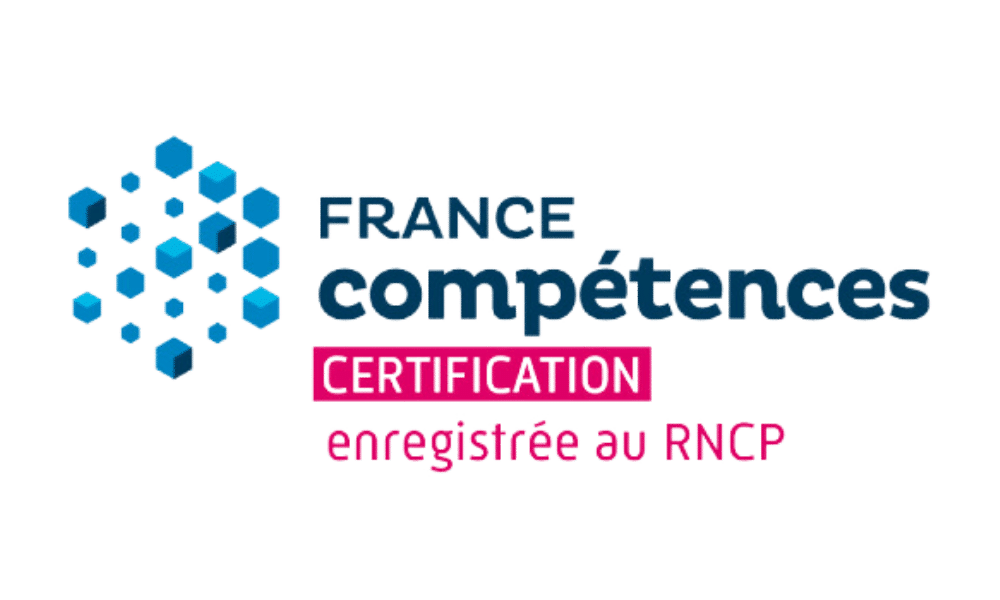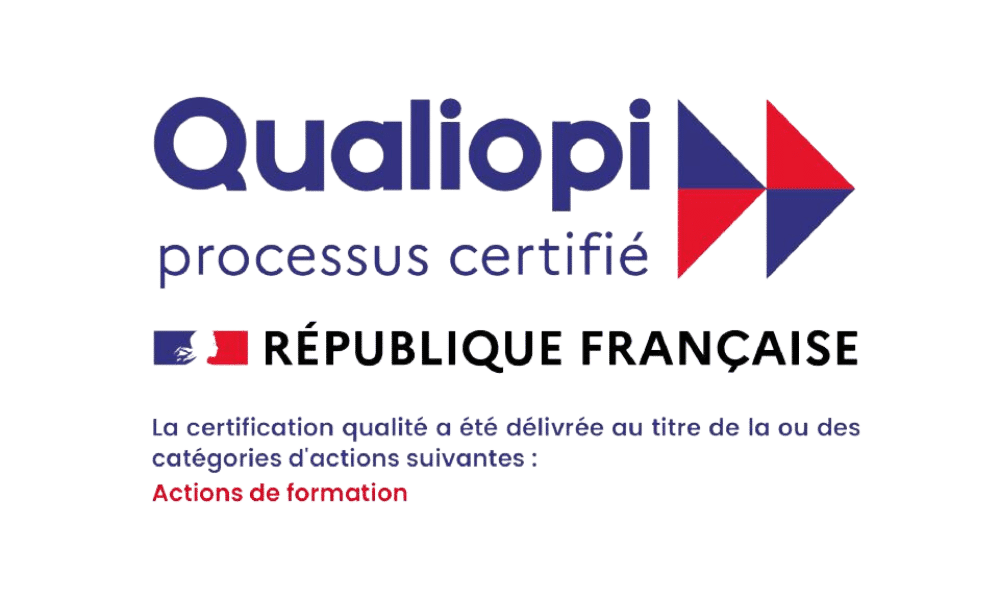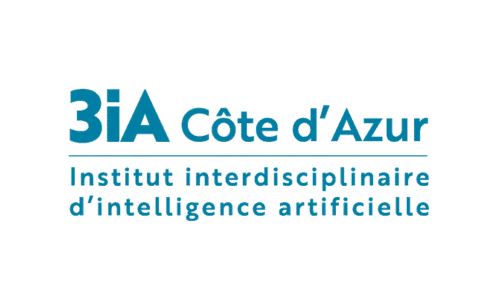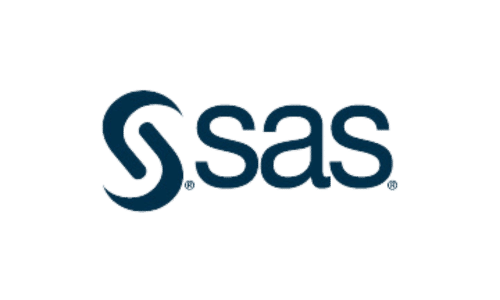Enhance your expertise with the Joint Postgraduate Programme in Digital Industry & AI, a collaboration between Ecole Nationale d’Arts et Métiers (ENSAM) and DSTI. This programme focuses on practical applications of data and AI in industry, blending theoretical knowledge with hands-on training. Students develop specialised skills in analytics, machine learning, and data management, preparing for engineering roles in industry digitalisation.

Enhance your expertise with the Joint Postgraduate Programme in Digital Industry & AI, a collaboration between Ecole Nationale d’Arts et Métiers (ENSAM) and DSTI. This programme focuses on practical applications of data and AI in industry, blending theoretical knowledge with hands-on training. Students develop specialised skills in analytics, machine learning, and data management, preparing for engineering roles in industry digitalisation.

As a front-runner in data and AI in France, DSTI offers an Applied Bachelor programme at RNCP 6. Our Applied MSc programmes hold RNCP 7 accreditation. Further, DSTI is recognised under the 3IA Cote d’Azur Label for extensive AI content and proudly possesses Qualiopi RNQ certification, affirming quality of our processes.



The following are the major objectives of the Joint Postgraduate Programme in Digital Industry & AI:
Develop detailed AI solution specifications tailored to industry needs, including data, algorithms, and human-machine interfaces.
Acquire the ability to manage data effectively by understanding various data acquisition methods, database structures, and ensuring robust data security.
Master the application and critical evaluation of data processing techniques and classic AI algorithms, while developing and assessing models.
Learn to elucidate, design, and oversee the deployment of Digital Twins within the industry, enhancing operational efficiency.
The Joint Postgraduate Programme in Digital Industry & AI is a one-year programme designed for engineers at the culmination of their academic journey and for practicing engineers seeking to enhance their knowledge in the practical aspects of AI deployment. This programme offers a comprehensive overview of the necessary skills and critical considerations for AI deployment. It is delivered in an apprenticeship mode, where students alternate between attending classes on-campus or online for two weeks and then applying their learning in a real-world setting by working at a company for two or three weeks.
24-31
Years of average age range
80%
of International Students
5+
Hands-on projects
2
Mandatory International Certifications to graduate
DSTI offers the Joint Postgraduate Programme in Digital Industry & AI in two modes: Initial Education and Continuing Education.

Initial Education’ is designed for students under 30 transitioning from school or university, preparing them to become proficient data professionals.
The apprenticeship mode combines part-time work and study, open only to EU students or those with a long-term visa in France. Read details before applying.

For professionals typically 30 or older, Continuing Education balances career growth and work commitments. It’s perfect for those with relevant experience or tech education.
DSTI provides a ‘Part-time Sandwich’ or ‘Contrat de Professionnalisation’. This option is perfect for those aged 30 and above, French speakers, and individuals who are EU/EEA citizens or long-stay visa holders in France.
This module equips students with the skills to discern critical insights from vast datasets and to present data in a compelling, informative manner.
Develop the expertise to transform complex data into actionable insights with Microsoft PowerBI and prepare for the “Analyzing Data with Microsoft BI (PL-300)” certification through advanced reporting and visualisation techniques. Group project for course evaluation.
Understand the nuances between voluminous Big Data and targeted Smart Data, focusing on optimal use for decision-making, with evaluations integrated into Digital Twin classes. Directly linked to the Digital Twin course, emphasizing industrial data peculiarities.
The ‘Artificial Intelligence and Machine Learning’ module offers an in-depth exploration into the creation and refinement of Machine Learning models, covering Python programming, TensorFlow neural networks, and advanced model optimisation techniques, all evaluated through a combination of group projects, individual projects, and exams.
Harness Python’s power in hands-on sessions to build machine learning models using Pandas, Matplotlib, Scikit-learn, and more. Group project for course evaluation.
Delve into temporal data with mathematical foundations and applications in R, including neural networks, for forecasting and predictions. Individual project for course evaluation.
Create advanced neural network architectures using TensorFlow, covering data representation, backpropagation, and applications in Python.
Simplify complex models using POD and PGD methods without losing critical information, enabling faster simulations. Supervised project and exam sheet for evaluation.
Gain expertise in combining physical models with AI for robust engineering solutions, covering differential equations, machine learning basics, and neural networks. Multiple-choice quiz for evaluation.
The ‘Statistics and Applied Mathematics’ module is designed to equip students with a comprehensive understanding of statistical analysis, optimisation strategies, and numerical simulation techniques, utilising tools like R, Python, and MATLAB for practical applications and evaluated through MCQs and supervised projects.
Build a strong foundation in statistical analysis with descriptive statistics and probability theory, using applications in R. MCQ for course evaluation.
Learn essential optimisation strategies with a focus on gradient-based, stochastic, and metaheuristic algorithms using Python or MATLAB. Supervised project for course evaluation.
Discover how to apply numerical techniques to simulate real-world physical processes, providing a foundation for advanced engineering analysis.
Equip yourself with the latest practices to protect digital infrastructure, focusing on system security design patterns and encryption. MCQ and lab report for evaluation.
The ‘Infrastructure and Communications’ module delves into the essentials of data management, cloud computing with Amazon AWS, system integration, and the innovative concept of Digital Twins, alongside the critical analysis of Big vs Smart Data. The curriculum is designed for practical application, with evaluations through exams, MCQs, and projects, preparing students for complex challenges in digital infrastructure and communication strategies.
Master data organisation and manipulation with advanced SQL techniques, including dynamic SQL and stored procedures. Exam for course evaluation.
Learn to use Amazon AWS for cloud computing solutions and prepare for the AWS Certified Solutions Architect – Associate Certification. MCQ for course evaluation.
Comprendre les principes de communication efficace entre différents systèmes.
Explorer l’application des Jumeaux Numériques dans l’industrie, en mettant l’accent sur la modélisation des données, l’intégration de capteurs et les protocoles IoT. Evaluation par projet.
Students in the Joint Postgraduate Programme in Digital Industry & AI could engage in diverse projects ranging from developing sophisticated machine learning models and advanced data visualisation dashboards with PowerBI, to implementing secure digital infrastructures with cybersecurity measures, and creating integrated digital twin solutions to simulate and optimize real-world industrial processes.
To stay abreast of changes in the data world, students can prepare for the following certifications while completing Joint Postgraduate Programme in Digital Industry & AI.


Following are some of the professors who teach in the Joint Postgraduate Programme in Digital Industry & AI.

CEO and Professor
Sebastien Corniglion is the CEO and Founder of Data ScienceTech Institute. He is an accomplished data professional who holds a PhD in Marketing and Information Technology from Université Côte d’Azur.

Professor
Emmanuelle Abisset-Chavanne is an experienced professor with over ten years of experience in higher education, notably at Arts et Métiers ParisTech and Ecole Centrale de Nantes. She also has a strong research background, having held post-doctoral research positions at GeM – Ecole Centrale Nantes.

AWS Academy, an initiative by Amazon Web Services (AWS), equips students and educators with valuable resources, training materials, and hands-on experience to foster the development of cloud computing skills and facilitate career readiness in the industry.
Azure for Education provides students with Microsoft software, developer tools, and cloud resources for learning and projects, including a $100 voucher.
Moodle offers students comprehensive access to their studies: notifications, schedules, courses, exams, live sessions, lecture recordings, and project submissions.
A resource that allows students to ask questions or seek assistance with academic, career, or administrative tasks. Students can also revisit the answers whenever necessary.
All DSTI students enjoy lifelong alumni email access and are given Microsoft Windows and Office 365 licenses.
Students completing the Joint Postgraduate Programme in Digital Industry & AI have a multitude of career opportunities at their disposal. Graduates can delve into roles such as AI specialists, data scientists, machine learning engineers, digital transformation consultants, or positions in cybersecurity, cloud computing, and digital project management. The programme equips them with the skills to excel in various sectors, including technology, finance, healthcare, and manufacturing, where they can apply their knowledge to innovate, streamline processes, and enhance system security and efficiency.
97%
of Students get an internship offer within 6 months
€ 1000+
average monthly stipend
88%
of students find internships in Europe
€ 45k
average starting salary
€ 1600
average monthly stipend for Apprenticeship
€ 1950
average monthly stipend for Contrat Pro
2/3
students receive CDI offers.
50% +
students sign their contracts through DSTI
All applications for the ‘Joint Postgraduate Programme in Digital Industry & AI’ are collected by our partner Ecole Nationale d’Arts et Métiers and then handled jointly by ENSAM and DSTI. You may apply them using the following link.
Students at DSTI should have a Windows PC laptop, not Apple Mac, with these minimum specs:
At least Intel Core i5 (or AMD equivalent)
Minimum 8GB, but 16GB recommended
Minimum 512GB, 1TB recommended.
SSD preferred, but a dual-drive system with 128GB/256GB SSD + 512GB or 1TB magnetic drive is a good alternative.
If only magnetic, it must be at least 7200rpm, not 5400rpm.
NVIDIA preferred, but not essential.
Any Windows version.
DSTI will provide a Windows 10 Professional key when classes start.
Don’t purchase MS Office 365; DSTI will provide a license key when classes start.
*No tuition fees for the students in apprenticeship mode.
DSTI – School of Engineering
Private Higher Education Institution
As a front-runner in data and AI in France, DSTI offers an Applied Bachelor at RNCP 6. Our Applied MSc hold RNCP 7 accreditation. Further, DSTI is recognised under the 3IA Cote d’Azur Label for extensive AI content and proudly possesses Qualiopi RNQ certification, affirming quality of processes.



The Data ScienceTech Institute (DSTI) has formed strategic partnerships and affiliations with a number of key organisations, including the likes of AWS, SAS, Microsoft, Arts et Métiers, and 3IA Côte d’Azur. These partnerships are vital because they help keep our syllabus current and our resources updated. With these partners, we are better equipped to support our students as they advance their careers in data.







950 Route des Colles
Les Templiers
06410 Biot (Sophia Antipolis)
Alpes-Maritimes, France
4 Rue de la Collégiale
75005 Paris
Île-de-France, France
+33 (0) 489 412 944
© 2024 All Rights Reserved.
At DSTI, we provide one-on-one online meetings with prospective students. Here we answer all their questions regarding our Applied Bachelors and Applied MSc courses.
At DSTI, we organize online group meetings where we share valuable information about our selection of Applied Bachelors and Applied MSc courses in data and AI.
DSTI organizes online group meetings to provide information about our range of Applied Bachelor and Applied MSc programs in data and AI.
Every Wednesday from 2PM to 6PM CEST, DSTI’s Paris Campus hosts an open day for all, no appointment necessary. Inquiries regarding admission, courses or other related topics are welcomed. We are delighted to provide answers to your questions.
Want a career in data and AI? Download the DSTI’ Joint Postgraduate Programme Curriculum to find out how!
On our Open Days, know more about